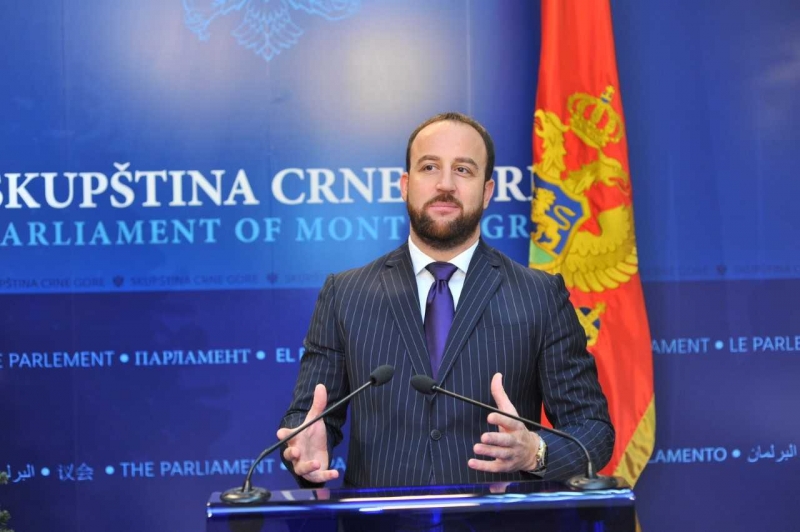By inviting Montenegrins to state their opinion about the law on freedom of religion in the neighbouring country, with the warning to those who support the government in Montenegro, that it would be reconsidered whether they should keep Serbian citizenship, Minister of Foreign Affairs of the Republic of Serbia Mr Ivica Dačić has become one of the politicians remembered by the history of mankind as the inspirers of exodus due to nationality, political views and way of thinking.
By marking suitable and unsuitable Montenegrins in Serbia, Mr Dačić indeed wanted to threaten with expelling those who are unsuitable citizens of Serbia in his opinion. In the same manner a political preparation for prosecution of Jews in Hitler’s Germany had started, which resulted in the horrific 'Crystal Night' during which hundreds of synagogues, Jewish homes and shops were burned, with 91 people killed.
As the head of diplomacy of the country which plays an important role in the stability of the entire region, instead of recommending dialogue and calming down the situation, Minister Dačić had additionally contaminated already heated public atmosphere and upset many citizens in his own and neighbouring countries.
However, it is still unclear whether Minister Dačić is familiar with the laws and Constitution of the Republic of Serbia? Where does it say that a citizen of Serbia of Montenegrin origin is required to state his/her opinion on a law adopted in a neighbouring country? Also, it is unknown whether "0.5 percent of Montenegrins in Serbia" who, according to Dačić's interpretation of the past, have ruled Serbia for years, are Montenegrins or Serbs from Montenegro?
When speaking on the position of Montenegrins in Serbia and Serbs in Montenegro, Minister Dačić forgets the fact that Montenegrins had migrated i.e. came as settlers in Serbia, while Serbs in Montenegro, as their ancestors, were born in Montenegro. As for the vulnerability of the first and the second says the data that in 1981 around 150 thousands of people identifying as Montenegrins lived in Serbia, while today that number is 38,527. As for Serbs in Montenegro, according to census of 1991 there was 9% of them, while today - that number is 28%.
We hoped that we have learned certain lessons from close and distant past and that relations of Montenegro and Serbia, with mutual intention, have started progressing. Comments like this one, which came from the head of Serbian diplomacy, seriously undermine such trend, aiming to bring things back to the beginning.
